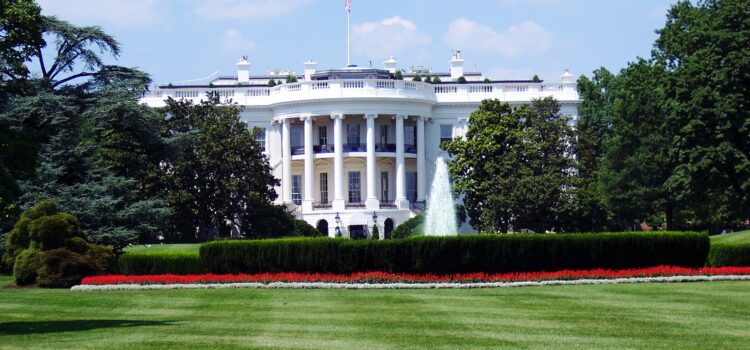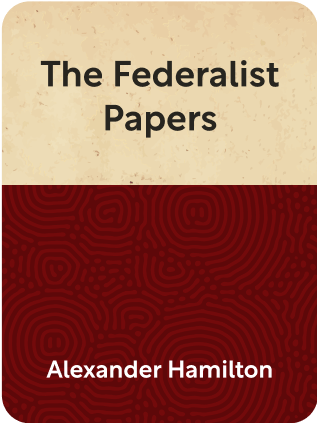

This article is an excerpt from the Shortform summary of "The Federalist Papers" by Alexander Hamilton. Shortform has the world's best summaries of books you should be reading.
Like this article? Sign up for a free trial here .
What is the topic of Federalist 71? How does the possibility of reelection and the imposition of term limits impact the presidency?
Federalist 71 is about the importance of a term length and reelection. A president needs time in office to gain experience, so the term must be long enough for that. Reelection is a motivator and is also important.
Read about Federalist 71 and its key points.
Continuance in Office and Federalist 71
It was important that the president be elected to a term that was long enough for him to gain sufficient experience with national administration. Having a fixed, four-year term would provide the young nation with the stability and predictability in government that it had so sorely lacked under the Articles of Confederation.
According to Federalist 71, there was little to fear in this, as many state constitutions elected their governors to even longer terms. If the people disapproved of the president’s performance, they were free to vote him out at the next election.
The ability of the president to run for reelection was also essential to effective government. If the President was barred from maintaining his office past the next election, he would have little motivation to do it effectively. After all, there would be no reward for good performance.
Term limits deprived the people of the option to reelect presidents of whom they approved. Imposing term limits would hamper the effectiveness of the executive branch (making the president a lame-duck the second he assumed office), introduce destabilizing inconsistency in government, and deprive the nation of the talents of capable officials who had proven themselves to be effective leaders.
(Shortform note: These warnings against presidential term limits went unheeded almost immediately. George Washington began an informal precedent of only serving two terms, one that was followed by every president for nearly 150 years, until Franklin Roosevelt was elected to a third term in 1940 and a fourth in 1944. The Twenty-Second Amendment, passed in 1951, gave Washington’s precedent the force of law, limiting presidents to two terms in office.)

———End of Preview———
Like what you just read? Read the rest of the world's best summary of Alexander Hamilton's "The Federalist Papers" at Shortform .
Here's what you'll find in our full The Federalist Papers summary :
- The genius of the founding fathers in how they designed the United States Constitution
- Why it was critical for the United States to form a union rather than stay separated as colonies
- How Alexander Hamilton anticipated social issues that are still relevant today






